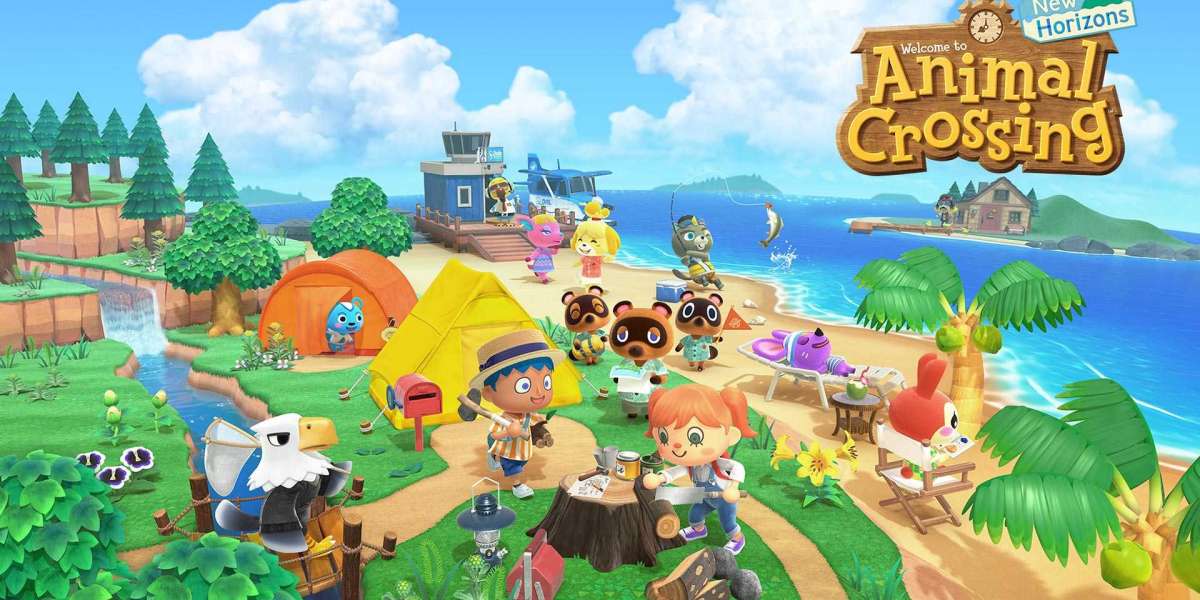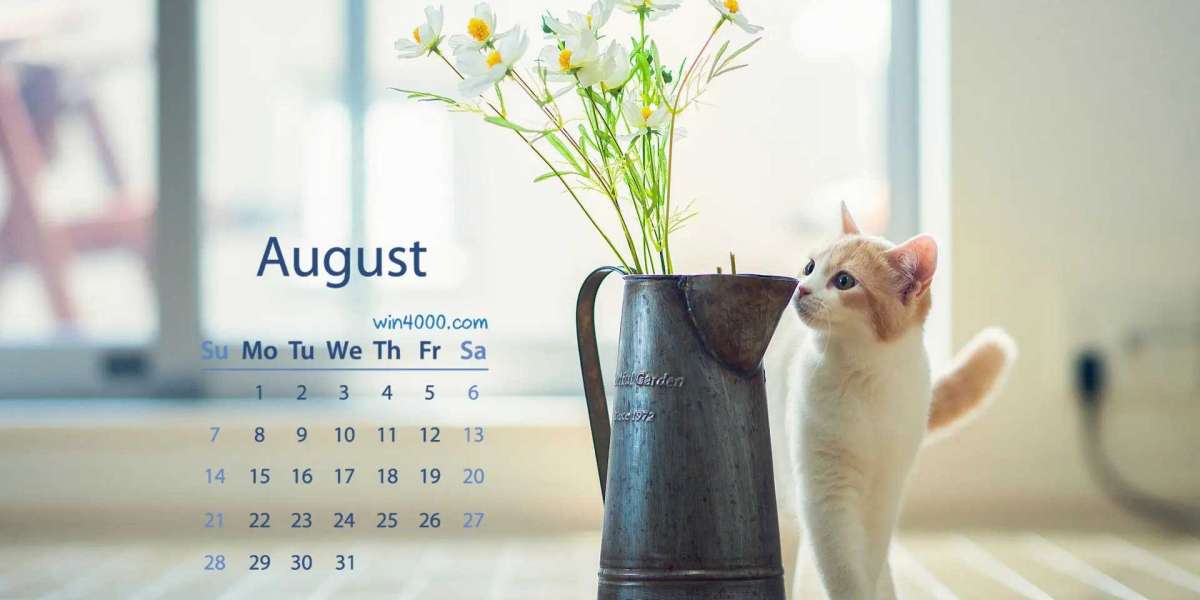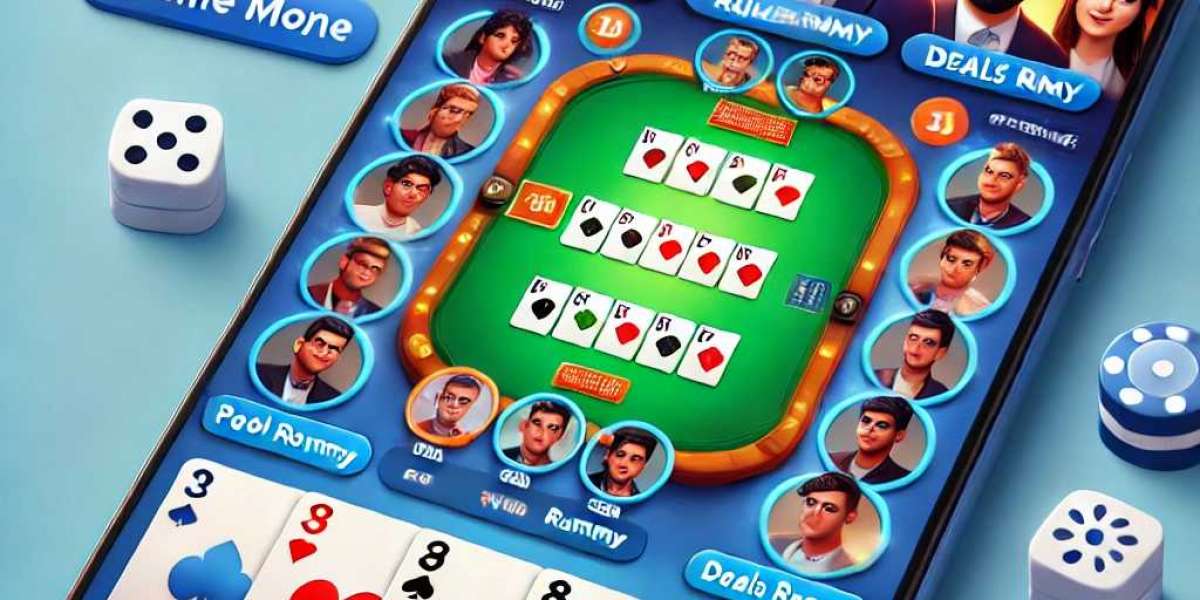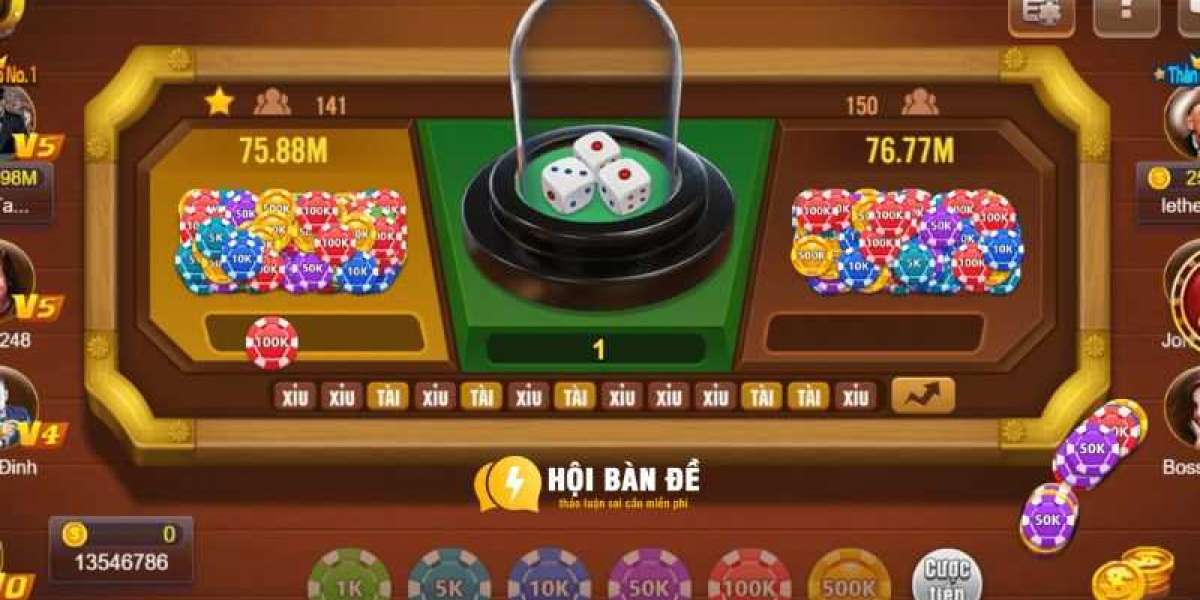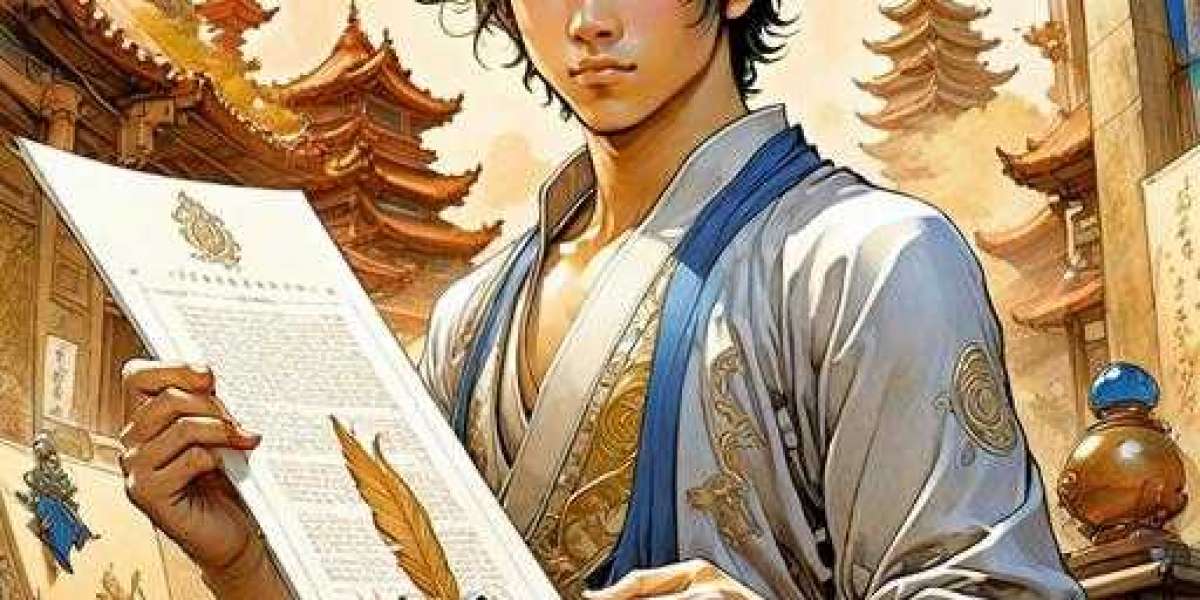At Nook's Cranny, a white and pink "Cute Vanity" sells for 5,400 bells. On Nookazon, it'll cost you an average of 100,000, a few Nook Mile Tickets, or an item from the seller's Buy Animal Crossing Items wishlist.
If you don't play Animal Crossing: New Horizons, these terms probably go right over your head. If you do play, you're probably appalled by these prices. For the uninitiated, bells are the in-game currency. Nook Mile Tickets, often abbreviated to NMT, can only be bought with points players gain by fulfilling certain tasks, and allow players to visit randomized "mystery" islands that are full of valuable resources. If players are lucky, they can meet rare characters on those islands and ask them to move to their villages.
Nintendo released the most recent version of Animal Crossing just as most states enacted stay-at-home orders. Since its Mar. 20 release, it not only outsold any Mario or Zelda game, it also inspired hundreds of thousands people to finally buy a Nintendo Switch. The game's release is also directly correlated to a worldwide shortage of the console, which remains nearly impossible to buy from retailers like GameStop, Target, and Amazon.
There's no "winning" in Animal Crossing games, which have been released with every Nintendo console since 2001. In each version, the objective remains similar: befriend villagers, enjoy life, and pay off your debt to Tom Nook, a raccoon version of Logan Roy who seems to own every industry imaginable in the game.
While Animal Crossing purists insist that the joy of the game comes from slowly accumulating wealth, nurturing friendships with the game's characters, and learning to savor playing slowly, there's more hustle around New Horizons. Players built Facebook groups and Discord channels that revolve around buying, selling, and trading desirable items. While most are staffed by a dedicated team of unpaid moderators, they tend to be too chaotic to properly search.
Two weeks after New Horizons was released, Daniel Luu launched Nookazon. The 25-year-old software engineer had just started playing the game, and was fed up with the unintuitive trade communities. As a side project, he built a searchable database that catalogs every item available in the game, and named it after Amazon.
Each listing on the site includes the seller’s Discord account, where buyers can message them directly, view reviews from other buyers, and their preferred method of in-game payment. Nookazon users can also add items to public wishlists. Sellers can post links from the site directly to the Discord server’s variety of channels, which includes sections for server announcements, trading items or villagers, and even reporting users who violate the server’s rules. In a month of running, Nookazon grew to a vibrant community of 7,000 users on the server.
“I think buying and selling is so popular because people want to make their dream homes,” Luu said in a phone call. “With the rise of social media and access to the internet, people just feel like they can get items easier.”
Building your dream island.
Minnie Ng, 24, frequents Nookazon and TagBackTV, another Discord server run by the creators of a popular YouTube channel that showcases 5-star Animal Crossing islands. Her “most exciting” purchase was for Julian, a turquoise unicorn. The bidding process was intense; she started at 3 million bells and eventually outbid the other potential buyer. She paid 12.5 million bells to move Julian from the seller’s island to her own, but it was worth it because he’s the “only unicorn” in the game and “he had a cute house.”
“So basically for Julian, I had to travel to the person’s island four times because I could only carry 4 [million] each time,” Ng said in a Twitter DM.
For reference, fruit native to the player's island costs 100 bells. If players sell fruit from other islands, they expect a profit of 500 bells. Players can net a few hundred thousand bells a week by planting fruit and harvesting it.
For sellers, profiting off villagers is an opportunity to amass funds to build their dream island.
Rowan Corless, a 19-year-old student, met Raymond by chance on a mystery island tour. The bespectacled heterochromatic cat has become one of the most sought after characters on Nookazon and other trade groups. She personally didn’t want him on her island, but knew she could turn a profit on the coveted cat. Since his starting price averages at about 15 million bells or 100 Nook Mile Tickets, Rowan hopes to use Raymond to buy her own dream villagers, send funds to her friends, and customize her island. She noted that because he’s a new character, he doesn’t have an Amiibo card — the physical figurine that players can use to invite specific characters to live at their islands. That means that he can only be obtained by meeting him by chance or by trading with him through other players.
“He has this kind of semi-hipster vibe that people also seem to like, and that makes him really appealing to a lot of different people,” Corless explained in a Twitter DM, adding that his differently colored eyes add to the charm. “He sells for so much because of his limited availability, which makes people believe he’s a rarity of sorts.”
The selling process is complex — after inviting Raymond to live on her island, she has to get him to move out. Then, she'll list him on Nookazon's site and Discord server, where people can begin bidding. Once the highest bidder wins, the seller will send over their Dodo Code, a generated code that allows players to visit each other's islands without adding the other as friends. Then, the buyer will pack their inventory full of bells and visit the seller's island. Rowan's goal price means that the buyer will likely have to make multiple trips to her island because they won't be able to carry that many bells in one go. Once they've brought over sufficient payment, they can visit Raymond's house and invite him to live on their island.
It's a good-faith trust process, Rowan said, because when multiple trips are involved both parties need to ensure that they aren't getting scammed.
"People don't want to give their bells without [the] promise of Raymond, and in the same vein people don't want to give Raymond without ensuring their payment," Rowan explained. "Personally, I look into the buyer's reviews to see if anyone has said anything concerning against them, and if I do find something (which, luckily, I have yet to find,) I will pursue a different buyer for security purposes."
Nookazon has an entire channel dedicated to reporting scammers, and strict rules that members have to agree to before they're allowed to use the community's various channels.
The instant gratification of obtaining items at will seems to sour the game.
We do not allow any kind of use of real money on the site, so everything is in-game trade only," Luu said, emphasizing that using real money goes too far. "And then we have our mod team, which has access to the tools in order to ban people, delete accounts, and delete reviews just so that we can keep our community safe."
A "capitalist nightmare".
Not everyone is charmed by Nookazon though — critics accuse it of turning the beloved game into a greedy, capitalist nightmare. As Gita Jackson pointed out in Vice, players aren't meant to grind in Animal Crossing, they're supposed to enjoy the slow rewards. The instant gratification of obtaining items at will, rather than waiting for them to fall out of trees or appear in your island's shop, seems to sour the game.
Kia, a 15-year-old student who preferred to not use her last name, complained that a majority of Nookazon sellers are greedy. She's in the process of creating a "city district" for her island, so she's on the hunt for neon, light-up items that can emulate the aesthetic of being in a bustling downtown area. A set of glowing drink machines would fit in perfectly.
"I went on Nookazon to see what people were offering and they were charging A LOT of NMTs [Nook Mile Tickets] and bells for a single drink machine," Kia told Mashable in a Twitter DM. "The cheapest one I saw at the time was going at 750,000 bells. I was like, 'The selling price for the item is 10,000, why are people charging that much?"
To discourage vultures, Luu and the rest of the volunteer-run Nookazon team began adding average prices to each listing. While Ng, who bought the blue unicorn, is far from an Animal Crossing purist — she admits that she freely time travels, another testy topic in the Animal Crossing community because it's considered "cheating" — there are limits to how far she's willing to go. When her shop's turnip rates are high, for example, she'll turn back time so her friends have a chance to stop by and make a profit on the "stalk market." She technically does cheat, but she does it to help out friends.
However, she finds charging an absurd amount ACNH Bells of money or Nook Mile Tickets distasteful, because at some point it stops having any value.
